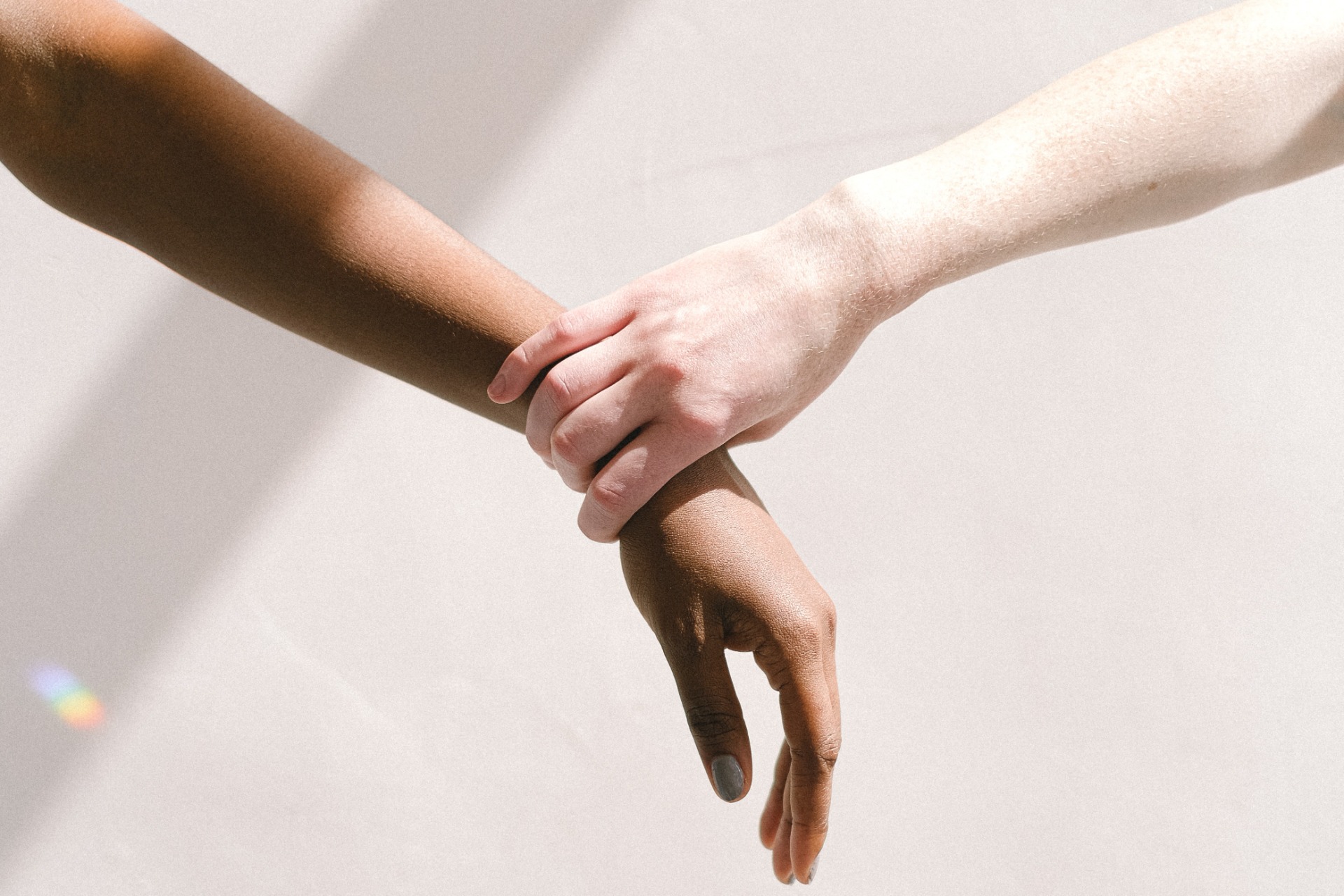
Dr Pascal Burgmer took part in Richard Docwra’s ‘Humans and Hope’ podcast about Human Behaviour’ with a focus on morality. In this 45 minute episode, Richard Docwra and Dr Pascal explore the significance of moral judgments and behaviour in our world, how moral judgments differ amongst people, and what we should do as a society going forward.
Moral judgments were agreed to have a strong purpose for social regulation, where moral judgments allow us to encourage co-operation in groups and relationships with others and allow us to quickly identify those that may not co-operate within our group (by being immoral).
Interestingly, people tend to classify behaviours either by consequences or by intentions and motives. Research using scenarios of moral dilemmas tell us that people consider different behaviours as immoral depending on the approach they take. Richard and Pascal both note that research shows that moral judgments tend to begin in the gut with a “disgusted” feeling, and we then try to find reasons for this reaction.
They both noted how group identity and membership can distort people’s perceptions of the world, as people tend to judge outgroup members more harshly than ingroup members, and tend to rationalise the behaviour of other outgroup members less often than ingroup members. This leads to varying, and possibly biased, moral judgments about others’ actions. Additionally, people’s moral judgments of behaviours done by themselves/others are very context-dependent, illustrating the fluidity of human moral cognition.
They also talked about how people instinctively show empathy and moral responses to their loved ones and familiar/similar others, but not to others. This relates to one’s moral circle, and how many people may not see a point in extending our moral circle to show empathy and rationalising behaviour to unfamiliar others (e.g. people living in different countries).
With reference to Paul Bloom’s observations on rational compassion, Dr Pascal notes that we can extend our moral circle and show compassionate responses to others via rational compassion (rationalizing why we should care for others), as individuals tend to not instinctively show empathetic responses to unfamiliar others without a rationale for it.
Co-operation amongst individuals across the planet was said to be possible by highlighting the meta-group element that ties us all together.
“We all belong to humanity, so it’s not important which country, where the borders are, we’re all humans, we all want to live on this planet”- Dr Pascal Burgmer.
He also warned against moralising issues, (e.g. meat-eating) as this causes resistance and reactance amongst individuals, making it harder for them to change their behaviour for the common good – highlighting shared identities and a common goal (e.g. climate crisis) are likely to motivate different groups to co-operate.




